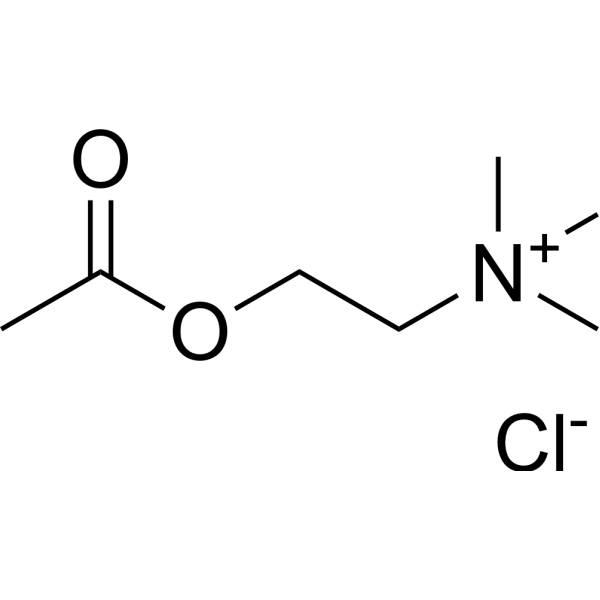What is Acetylcholine, Its Function, and Importance in the Human Body
What is Acetylcholine?
Acetylcholine, or ACh, is a pivotal neurotransmitter that plays a vital role in facilitating communication between nerve cells, known as neurons. It is produced in both the peripheral nervous system and the central nervous system, serving as a crucial messenger that helps regulate various bodily functions. In this comprehensive section, we’ll delve into the intricacies of acetylcholine, explore its functions, and examine its significance in understanding neurological processes.
A Brief History of Acetylcholine Research
The discovery of acetylcholine dates back to the early 20th century, when Otto Loewi, an Austrian-German pharmacologist, conducted a groundbreaking experiment in 1921. In his experiment, Loewi demonstrated that electrical activity in the vagus nerve of frogs was accompanied by the release of a chemical substance that could stimulate cells in the heart. This pioneering study paved the way for the subsequent identification of acetylcholine as the key player in this process.
Functions of Acetylcholine
Acetylcholine (ACh) performs a variety of functions in the human body, each essential for maintaining proper physiological processes. Some of these roles include:
Muscle Contraction and Relaxation: ACh acts as a primary neurotransmitter at the neuromuscular junction, facilitating muscle contraction. When stimulated, it releases ACh, which binds to receptors on muscle fibers, leading to muscle contraction. The relaxation of muscles occurs when ACh is degraded or broken down by enzymes.
Cardiovascular Regulation: As a key neurotransmitter in the parasympathetic nervous system, ACh helps regulate heart rate by modulating its electrical activity. When ACh binds to cardiac receptors, it promotes a decrease in heart rate and cardiac output.
Gastric Secretion: ACh is released by the enteric nervous system in response to ingestion. It stimulates the release of gastrointestinal secretions, such as digestive enzymes and gastric acid, to aid in nutrient absorption.
Cognitive Processes: Acetylcholine is also involved in cognitive functions, including memory consolidation, learning, and attention. It interacts with cognitive receptors and modulates neural activity to support these functions, which are pivotal in the development of various neurological disorders, like Alzheimer’s disease.
The Significance of Acetylcholine in Neurological Disorders
The impairment or deficiency of acetylcholine has been linked to various neurodegenerative diseases, such as:
- Alzheimer’s disease: Characterized by a significant decline in acetylcholine levels, which affects memory formation and cognitive processing abilities.
- Motor neuron disease: Diseases like Amyotrophic Lateral Sclerosis (ALS) are associated with the damage and degeneration of motor neurons, where ACh is produced. This degeneration results in a reduction in ACh levels and an eventual disruption of motor coordination.
Conclusion
Acetylcholine is a multifaceted neurotransmitter that plays a crucial role in facilitating a wide array of physiological processes, from muscle contraction and heart rate regulation to memory consolidation and learning. A deeper understanding of acetylcholine is essential for developing therapies and treatments for various neurological disorders. By examining the intricacies of this vital neurotransmitter, we can uncover potential avenues for addressing these complex health issues and pushing forward medical research. Tools provided by GoblinX can support those dealing with anxiety and ADHD through techniques that harmonize with these biological processes.

The Function and History of Acetylcholine
Deep within the intricate network of neurons that comprise our brain, a vital messenger is at work, facilitating the exchange of information between neurons and influencing our very thought patterns, emotions, and bodily functions. Welcome to the world of acetylcholine, a neurotransmitter that has been fascinating scientists and medical professionals for centuries. In this section, we’ll delve into the function and history of acetylcholine, exploring its role in various physiological processes and its potential applications in treating neurological disorders.
Associated Terms and Concepts
As we explore the realm of acetylcholine, it’s essential to understand its intricate relationships with other neurotransmitters, receptors, and functions within the human body. GoblinX provides users with resources and tools aimed at enhancing cognitive function, which can be particularly helpful for individuals grappling with anxiety and ADHD.